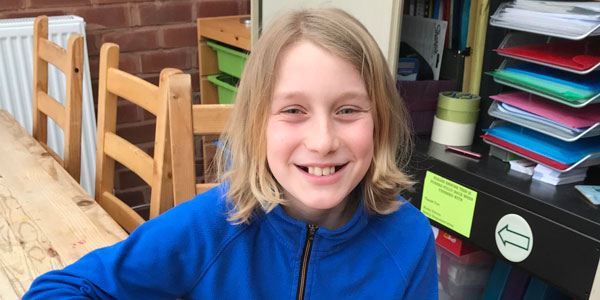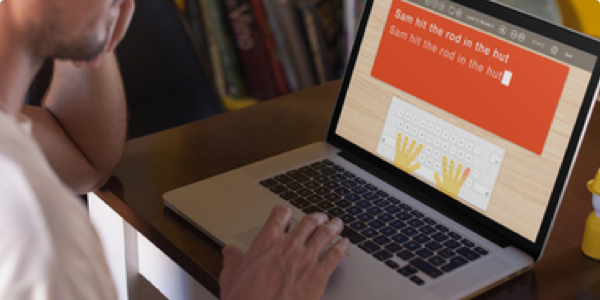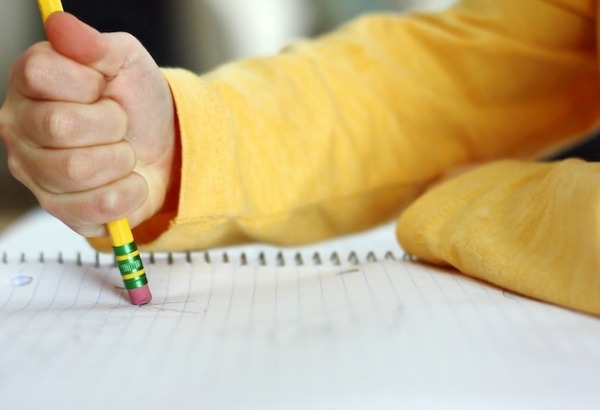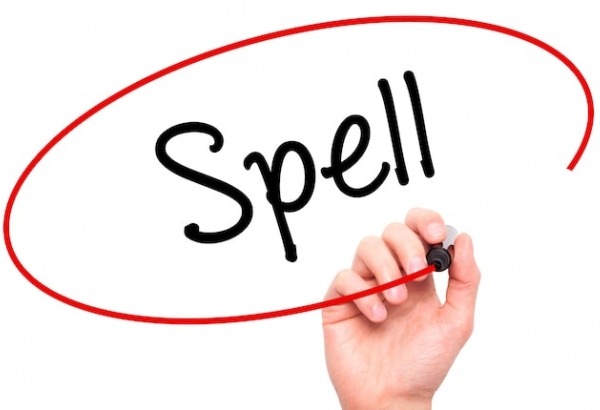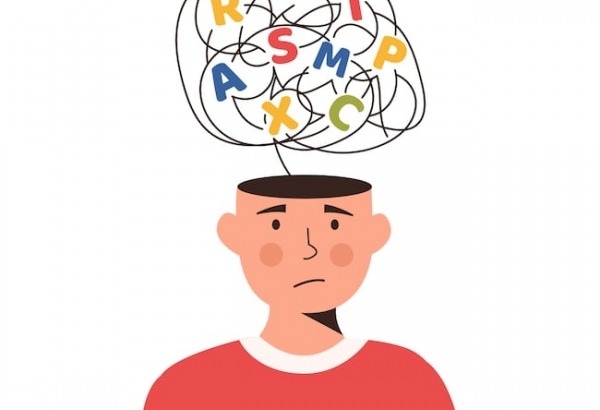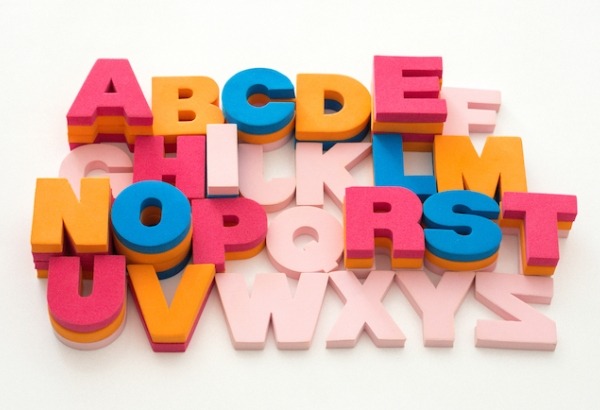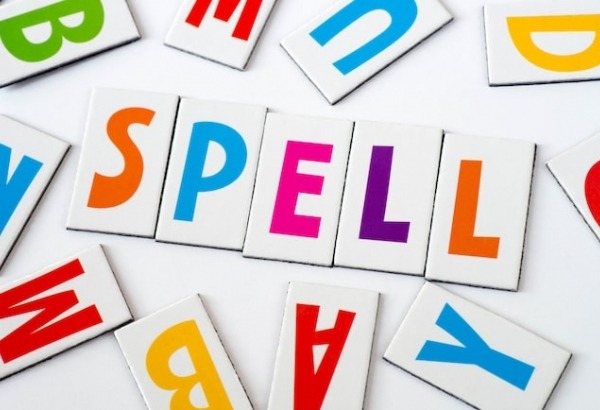Being able to spell correctly depends somewhat on an individual having phonemic awareness. This is the ability to hear the sounds that make up words.
However, English words are not always spelled in the way they are said, which means there is sometimes memorization involved too.
The significance of spelling derives mainly from its communicative function. It provides a standardized guide for written language to ensure everyone can read and understand each other’s writing. Before there were dictionaries, people tended to invent their own spelling and literate individuals were often taught different forms depending on where they lived.
This made it hard to know which word someone was referring to! It's also still evident in the way certain English words are spelled in the UK vs. the US, for example colour/color, favourite/favorite and licence/license.
When spelling becomes a source of difficulty or stress at school, it’s important to remind students that spelling is just one aspect of knowing a word.
Computers and mobile devices can help increase accuracy in writing, and phonics-based instruction, spelling programs and apps can boost spelling skills and knowledge of rules and exceptions.
Additionally, learning how to touch-type is useful, particularly when specific learning difficulties like dyslexia are present. This is because typing harnesses muscle memory in the hands to encode spelling as a pattern of keystrokes.
